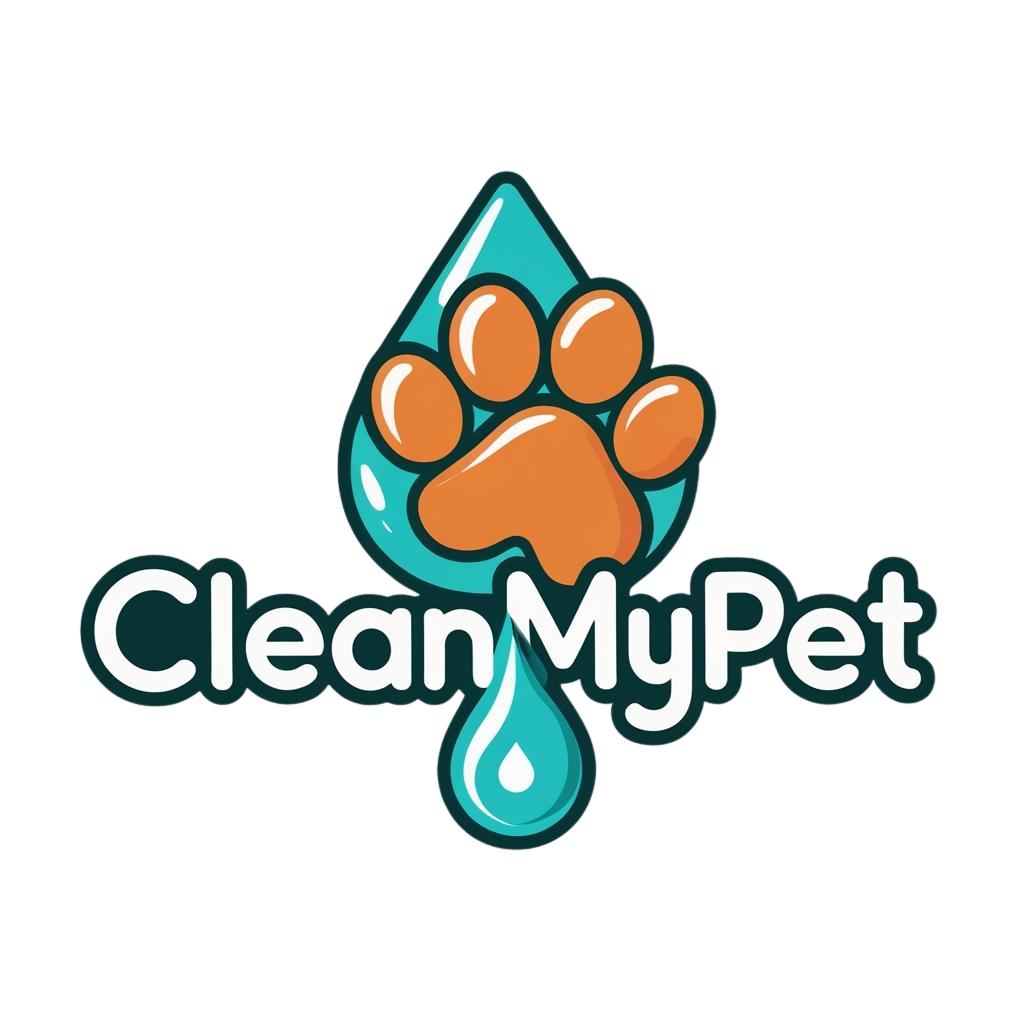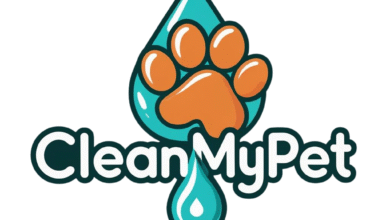
Washing a Dog with Allergies: What You Should Know for Safe and Comfortable Baths
Bathing a dog with allergies requires special care to avoid irritation and keep your furry friend comfortable. Using the right products and techniques helps soothe sensitive skin and manage allergic reactions effectively.
This guide covers essential tips for washing dogs with allergies safely.
Understanding Allergies in Dogs
- Dogs can be allergic to environmental factors, food, or grooming products
- Allergic reactions may cause itching, redness, dry skin, or infections
- Bathing can help remove allergens from the coat and skin
Choosing the Right Shampoo
- Use hypoallergenic, fragrance-free shampoos designed for sensitive skin
- Avoid harsh chemicals, dyes, and sulfates
- Consider shampoos with soothing ingredients like oatmeal, aloe vera, or chamomile
Bathing Tips for Allergic Dogs
1. Test New Products First
Apply a small amount of shampoo to a patch of skin to check for adverse reactions before full use.
2. Use Lukewarm Water
Hot water can worsen irritation, so always use lukewarm water for baths.
3. Rinse Thoroughly
Ensure all shampoo is rinsed out completely to prevent residue buildup.
4. Limit Bath Frequency
Bathing too often can dry out the skin; follow your vet’s advice on how often to bathe your allergic dog.
5. Dry Gently
Pat your dog dry with a soft towel and avoid vigorous rubbing.
Additional Care Tips
- Use vet-recommended conditioners or moisturizers to soothe skin.
- Keep your dog’s environment clean to reduce allergen exposure.
- Consult your vet if skin irritation persists or worsens.
When to See a Veterinarian
If your dog shows severe allergic reactions, infections, or discomfort, seek veterinary care promptly.
Final Thoughts
Washing a dog with allergies requires patience, the right products, and gentle techniques to keep your pet comfortable and healthy. Always prioritize your dog’s specific needs and veterinary guidance.
